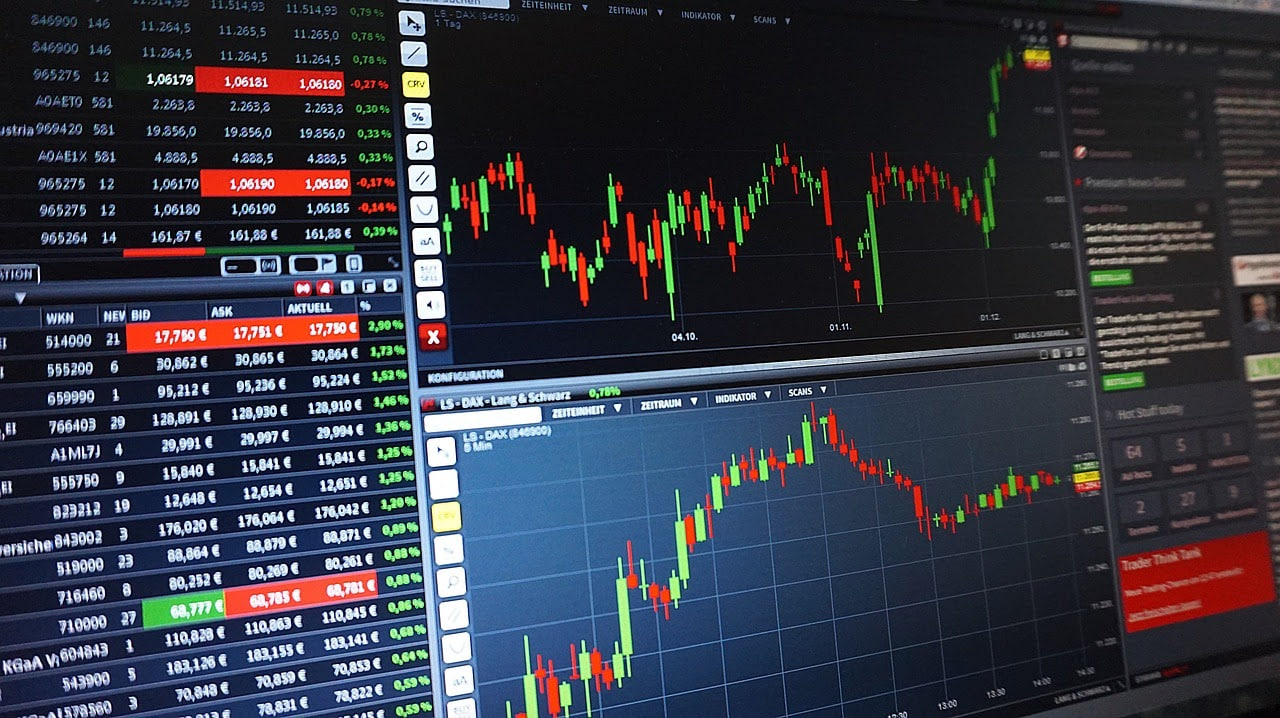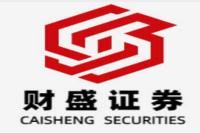Riding the Rollercoaster: Navigating the Volatility of Hong Kong's Stock Market (SEO Meta Description: Hong Kong Stock Market, Hang Seng Index, Hang Seng Tech Index, Volatility, Investment Strategy, Market Analysis, Portfolio Management)
Dive headfirst into the thrilling, yet sometimes terrifying, world of Hong Kong's stock market! Forget dry statistics and jargon-filled reports. This isn't your grandpappy's investment guide. We're peeling back the curtain on the exhilarating ups and downs of the Hang Seng Index and its tech-savvy cousin, the Hang Seng Tech Index. Prepare for a rollercoaster ride of insights, peppered with real-world examples and actionable strategies. We'll delve into the recent market swings – like the one where the Hang Seng Tech Index shot up over 10% before settling back – and unpack the forces behind them. Whether you're a seasoned investor looking to sharpen your edge or a curious newcomer eager to learn the ropes, this deep dive will equip you with the knowledge and confidence to navigate the complexities of this dynamic market. We'll explore risk management, diversification strategies, and the crucial role of staying informed in a rapidly changing landscape. Think of this as your personal cheat sheet for understanding and potentially profiting from Hong Kong's vibrant financial ecosystem. No more feeling lost in the sea of numbers – we'll provide clear explanations, practical tips, and even a dash of humor to keep things engaging. So buckle up, because we're about to embark on a journey into the heart of Hong Kong's financial pulse! This isn't just another market report; it's your passport to understanding and potentially mastering the art of investing in one of Asia's most dynamic markets. Get ready to learn how to spot opportunities, manage risks, and, most importantly, make informed decisions that can help you achieve your financial goals. Let's get started!
Hang Seng Index and Hang Seng Tech Index: A Deep Dive
The Hong Kong stock market, represented primarily by the Hang Seng Index (HSI) and the Hang Seng Tech Index (HSTI), has become a global hotspot for investors. These indices reflect the performance of leading companies listed on the Hong Kong Stock Exchange (HKEX), offering exposure to a diverse range of sectors, from finance and real estate to technology and consumer goods. However, navigating this market requires a keen understanding of its unique characteristics, including its susceptibility to both local and global economic influences, geopolitical events, and regulatory changes. Think of it like surfing – you need to know the tides, the currents, and when to paddle hard (and when to bail!).
The recent market fluctuations, where we saw the HSTI surge over 10% before retracting, highlight the inherent volatility. This isn't unusual; these markets react swiftly to news cycles, investor sentiment, and global economic trends. One day it's a bull market, the next it's a bear market– you have to be prepared for anything.
Understanding Market Volatility
Volatility, in simple terms, is the rate at which the market price fluctuates. High volatility, as seen in recent spikes and dips, presents both opportunities and risks. While rapid price increases can lead to significant gains, equally swift declines can result in substantial losses. Therefore, a robust risk management strategy is crucial. This involves diversification – don't put all your eggs in one basket! – and a clear understanding of your own risk tolerance. Knowing when to hold 'em and when to fold 'em is vital.
Diversification: Your Shield Against Market Swings
Diversification is the cornerstone of a successful investment strategy, especially in volatile markets like Hong Kong's. It involves spreading your investments across different asset classes, sectors, and geographies to reduce the impact of any single market downturn. Imagine having investments in both tech and traditional sectors – if one underperforms, the other might cushion the blow. This isn't just a good idea; it's a necessity.
Here's a simple example of a diversified portfolio:
| Asset Class | Allocation (%) |
|-----------------|-----------------|
| Hong Kong Stocks | 40 |
| US Stocks | 30 |
| Bonds | 20 |
| Real Estate | 10 |
This is a hypothetical example and your actual allocation should be based on your risk tolerance and financial goals. Remember, seeking advice from a qualified financial advisor is always a smart move.
Staying Informed: The Investor's Secret Weapon
Staying abreast of market news and economic trends is paramount. Regularly reviewing financial news sources, economic reports, and company announcements will help you make informed decisions. Consider setting up Google Alerts for key terms like "Hang Seng Index," "Hang Seng Tech Index," and related companies you invest in. You don't need to become a market guru overnight, but being in the know definitely increases your chances of success.
The Human Element: Emotions and Investing
Let's face it: investing can be emotionally draining. Fear and greed can cloud judgment, leading to impulsive decisions. Learning to manage your emotions is as important as understanding market dynamics. Don't let panic selling ruin your long-term strategy. Remember, investing is a marathon, not a sprint!
Frequently Asked Questions (FAQ)
Q1: Is investing in the Hong Kong Stock Market risky?
A1: Yes, like any investment, there's inherent risk. The Hong Kong market can be particularly volatile due to global economic factors and geopolitical events. Diversification and a well-defined investment strategy are crucial to mitigate risk.
Q2: How can I start investing in Hong Kong stocks?
A2: You'll need a brokerage account with access to the Hong Kong Stock Exchange (HKEX). Many international brokerages offer this service. Do your research and choose a reputable broker that suits your needs.
Q3: What are the benefits of investing in the Hang Seng Tech Index?
A3: The HSTI provides exposure to some of the leading technology companies in Asia. This sector offers significant growth potential, but also carries higher risk compared to more established sectors.
Q4: How often should I review my investment portfolio?
A4: Regularly reviewing your portfolio is key – at least quarterly, preferably monthly. This allows you to monitor performance, rebalance as needed, and make adjustments based on market conditions and your financial goals.
Q5: What role does news play in Hong Kong Stock market investing?
A5: News plays a HUGE role! Geopolitical events, economic reports, company announcements – all can significantly impact market sentiment and stock prices. Staying informed is crucial.
Q6: What are some resources for learning more about investing in the Hong Kong stock market?
A6: Plenty of resources are available, including reputable financial news websites, brokerages' educational materials, and investment books. Consider consulting with a financial advisor for personalized guidance.
Conclusion
Investing in the Hong Kong stock market can be a rewarding but challenging endeavor. Understanding market volatility, employing effective diversification strategies, and staying informed are crucial for success. Remember to manage your emotions, seek professional advice when needed, and always prioritize a well-defined investment plan aligned with your risk tolerance and financial aspirations. The journey may be bumpy, but with the right knowledge and approach, you can navigate the exciting world of Hong Kong's dynamic financial markets with confidence. So, are you ready to take the plunge?



